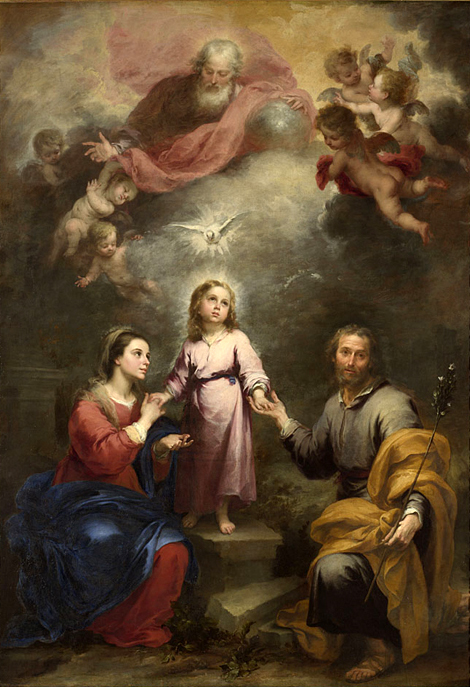T.G.G. Moogly
Traditional Atheist
That seems to be the central tenet of religions like christianity. We're told we have an immortal soul, that we're essentially some kind of ghost, that the body is just cover for that immortal ghost. The RCC takes the stupidity a bit further and tells us that our bodies are going to magically come back to life too at some magical time in the future. But we're just really a ghost that has a body too, that's the main idea. When our body dies the magic ghost flies away to see the big chief ghost in the sky. It's all about ghosts.
The last time the Church of Magic Underwear was at the door they really hammered on how I should be worried about my ghost. They were just a couple young dumb kids out collecting stupid points but I wish I'd thought more about the ghost idea at the time. I could have had a lot more fun with them.
I think I'll keep this in mind for the next religious salesmen that come my way. It will make the conversation much more interesting.
The last time the Church of Magic Underwear was at the door they really hammered on how I should be worried about my ghost. They were just a couple young dumb kids out collecting stupid points but I wish I'd thought more about the ghost idea at the time. I could have had a lot more fun with them.
I think I'll keep this in mind for the next religious salesmen that come my way. It will make the conversation much more interesting.



